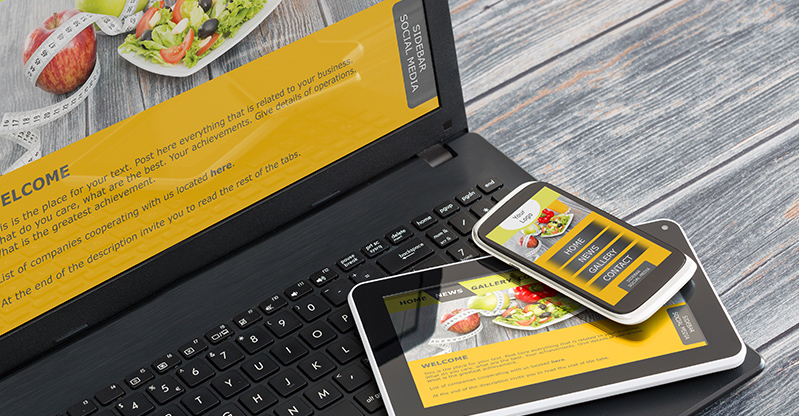Every day new technology appears to show us that the future is already here. Every day a new innovation confirms that the technological revolution will not be slowing down anytime soon.
Israel is home to thousands of entrepreneurs who have contributed to this amazing growth. These great minds have created innovations that have revolutionized the world of technology and they show no signs of slowing down. This article will teach you the most important tech-related words so that you don’t get left behind.
We’ve written about the modernization of Hebrew in the past. The father of modern Hebrew, Eliezer Ben Yehuda, realized that as the world evolves and new inventions come forward, so the language must evolve. His work has not stopped. Modern Hebrew linguists must stay ahead of the curve to find new and creative words to describe new technology.
Re-imagining an old language, like Hebrew, into modern-day words is challenging. You’ll find that a lot of the words listed below have strong roots in the English language. This list will be easy to learn and before you know it, you’ll be able to buy a tech device in Hebrew with ease!

Hebrew words related to technology and innovation
Satellite TV: Who doesn’t like to watch TV shows from all over the world? Our grandparents could have never imagined that we would be sitting in the middle of Ramat Gan and watching a hilarious TV show that was recorded and transmitted in Santiago de Chile. Well, thanks to the internet, and to satellite TV this is now possible. Satellite TV in Hebrew is טלויזיה בלווין and it is pronounced teh-leh-vee-zee-ah beh-lah-vian.

Mobile Devices: Mobile devices are everywhere. Not only cell phones, but also tablets, televisions, and even computers. In Hebrew, mobile devices are מכשיר נייד. It literally means “an appliance that you can take on your hand”, and it is pronounced mach-sheer nah-yad.

Tablet: Here’s an easy one! Tablet in Hebrew is טאבלט, and it is pronounced in the exact same way as it is pronounced in English. Cool fact: did you know that the microchip within the tablets you use at home was most likely designed and coded in Israel? If you want to be amazed at other innovations you didn’t know were from Israel, check out this article.
Cellphone: The story behind this word is very interesting. Cellphone in Israel is known as פלאפון (pronounced peh-leh-phone). Why? Because this was the name of the very first company in Israel to offer cellphone service. Nowadays, almost everyone in the country refers to their cell phones as פלאפון. The name stuck!
Augmented Reality: This phenomenon that has hundreds of companies in Israel working to build both games and plug-ins that are compatible with its technology is called מציאות רבודה in Hebrew. It is pronounced meh-tzee-oot reh-voo-dah, and many of the latest innovations implemented in Oculus, for example, were built and created in Israel.

Learn Hebrew today. Create amazing technologies!
It is time to learn some Hebrew. One of the best benefits of technology is that you can now learn Hebrew from the comfort of your own home by participating in a live, online Hebrew class in which well-trained instructors will teach you the language of our ancestors in an enjoyable and entertaining way.
Want to begin to walk through the path of Hebrew? Check out the Hebrew courses the Rosen School of Hebrew has to offer.
Subscribe to our newsletter
Learn Hebrew slang, take a virtual tour across Israel, discover the best local food and so much more













 Available on WhatsApp
Available on WhatsApp
Join the conversation (No comments yet)